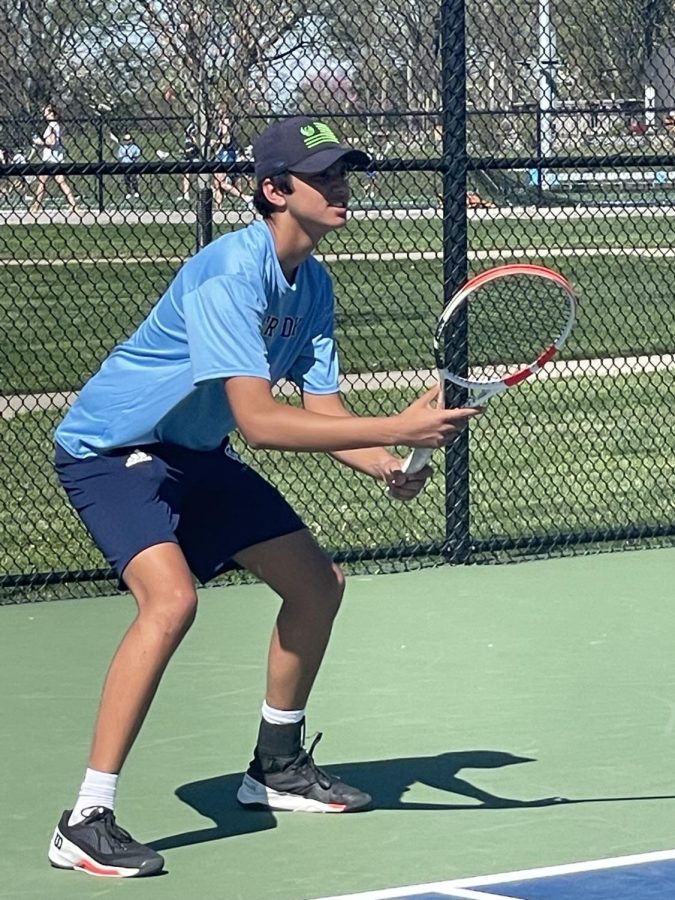Edwin Sam ’13, Sports Editor
Often times, when we think of someone managing their time between sports and academics, we look at it from a student’s perspective. We tend to overlook how time consuming sports can be for the coaches involved too. Only when we see through a teacher’s perspective can we ascertain how a teacher has to modify his or her schedule to fit the rigorous schedules of the various CCDS sports. CCDS is
special because it is one of the few schools that uses its teachers as athletic coaches. This system makes coaching easier because coaches have the ability to know their athletes as both students and players. However, these teachers have to make sacrifices in order to maintain the high level of Country Day academics and commit a lot of their time to the sports that they coach.
During the sports seasons, teachers must make the most of every minute before, during, and after the school day. They force themselves to be more focused in order to manage their busy schedules. Cross Country and Track Head Coach, Merle Black, admitted that he sometimes struggles to keep up with the demanding schedule of sports. “I have to be more careful about how to spend my time,” said Black. “I have to get up early, and there are many more late nights.”
One way that teachers control their schedule is by restricting themselves to coaching, teaching, and nothing else. Head Coach of the Basketball and Track teams, Howard Brownstein, said that “during basketball season, [he has] no life outside of teaching and basketball.” For teachers that can effectively concentrate on their sports and their students time management can be facile. Brownstein believes, “[Time management is] not hard, because I don’t get involved in anything but basketball and teaching. We all have time for those things that are important to us.”
Unfortunately, managing one’s time is not as easy as it seems from the outside. For many athletes, late practices can sometimes get in the way of the workload of the CCDS Upper School. Some teachers believe that students should take self-responsibility and should be held accountable for finishing their work on time regardless of their extracurricular activities.
Black disagrees and believes that it is acceptable for students to receive extensions on nights of a late game. “I’m more flexible. I want to take into account the schedule of students,” said Black. “I value athletics and the arts, almost like academics, and I want to know when kids are overloaded. I tend to give extensions.” Some students and teachers use the sports requirements of CCD as the reason for their schedules which can
be outrageous at times.
Students and teachers alike differ in their support of Country Day’s sports requirements. CCDS requires that two sports are completed every year of high school but offers a summer PE option to students that wish not to do that many sports. Black supports the CCD system pointing out how there is an increase in participation when sports are required. “Country Day’s system is better. In a small school, everybody can participate because of the no cut policy.”
Other teachers, like Brownstein have mixed feelings about CCD’s system because it makes certain students feel like they are obligated to do sports. “Our system of credit for sports is great for the truly engaged athlete,” said Brownstein. “However, some of our students would be better served by taking physical education.”
The sports requirement at Country Day adds greater commitment to the schedules of students and teachers alike; how people manage such schedules can either make their lives hectic or organized. However, one thing is indisputable: the athletics program at CCDS would be nearly impossible without the help of the teachers that forfeit their time, often at the cost of personal luxuries, to run many of the sports at CCDS.
Photo courtesy of www.countryday.net






